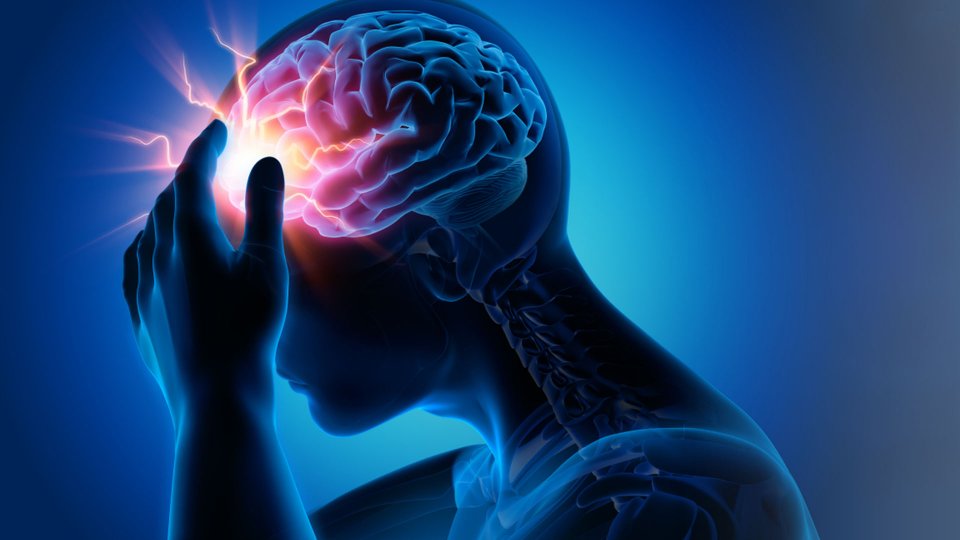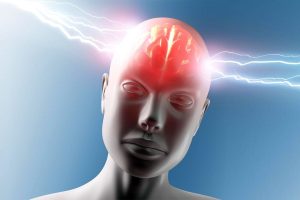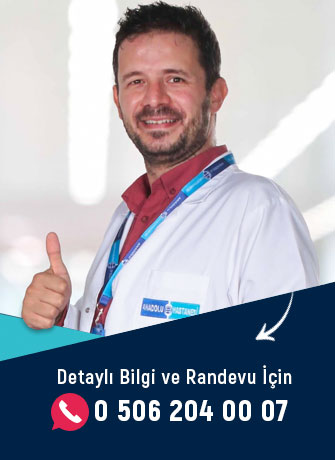Is there a definitive treatment for epilepsy?

Is there a definitive treatment for epilepsy?
Epilepsy is a neurological condition that affects millions of people worldwide. It arises due to abnormal electrical activity between neurons, leading to various types of seizures. People with epilepsy may face challenges such as the unpredictability of seizures and social stigma. However, thanks to modern medicine, it is possible to gain control over epilepsy and improve the quality of life for those affected. In this article, we will explore whether there is a definitive cure for epilepsy and discuss current treatment methods, incorporating insights from Dr. Mustafa Zafer Demirtaş, a renowned neurology specialist in Alanya.
Is There a Definitive Cure for Epilepsy?
The primary goal in treating epilepsy is to control seizures and enable patients to lead a normal life. According to Dr. Mustafa Zafer Demirtaş and other neurology experts, a “definitive” cure for epilepsy may not always be possible, but it is feasible to reduce the frequency and severity of seizures in most patients.
Epilepsy treatment varies from person to person, depending on the individual’s condition, type of seizures, and age. Treatment usually starts with medications. There are various antiepileptic drugs available that can help prevent seizures. However, other options exist for patients who do not respond to medication.
Non-Medication Treatment Methods
Dr. Mustafa Zafer Demirtaş emphasizes the importance of alternative treatment methods for patients who do not respond to medication. These methods include surgical interventions, neural stimulation techniques, and dietary changes.
- Surgical Intervention: Surgery can be a significant option for epilepsy treatment, especially when seizures are found to originate from a specific area of the brain. Removing this area can stop or reduce seizures.
- Neural Stimulation: Neural stimulation methods, such as Vagus Nerve Stimulation (VNS) or Deep Brain Stimulation (DBS), can reduce the frequency of seizures in some patients.
- Ketogenic Diet: Particularly in children, the ketogenic diet can be effective in controlling seizures. This diet, high in fats and low in carbohydrates, alters the brain’s energy metabolism.
Lifestyle and Support
In addition to medication and surgical interventions, lifestyle changes and supportive therapies play an important role in epilepsy treatment. Stress management, a regular sleep schedule, and a healthy diet can help reduce the risk of seizures. Psychological support and counseling services for epilepsy patients and their families are also crucial.
Dr. Mustafa Zafer Demirtaş stresses the importance of patients taking an active role in their treatment process and adhering strictly to their treatment plan. He also mentions that treatment plans should be regularly reviewed and adjusted if necessary.
Conclusion
Epilepsy is a complex and individualized condition. Although a “definitive” cure may not be possible for everyone, current treatment methods are effective in controlling seizures for most patients. Under the guidance of Dr. Mustafa Zafer Demirtaş, a neurology specialist in Alanya, epilepsy patients can significantly improve their quality of life with an appropriate treatment plan. Patience, compliance, and a proactive approach are key to achieving successful outcomes in the treatment process.







